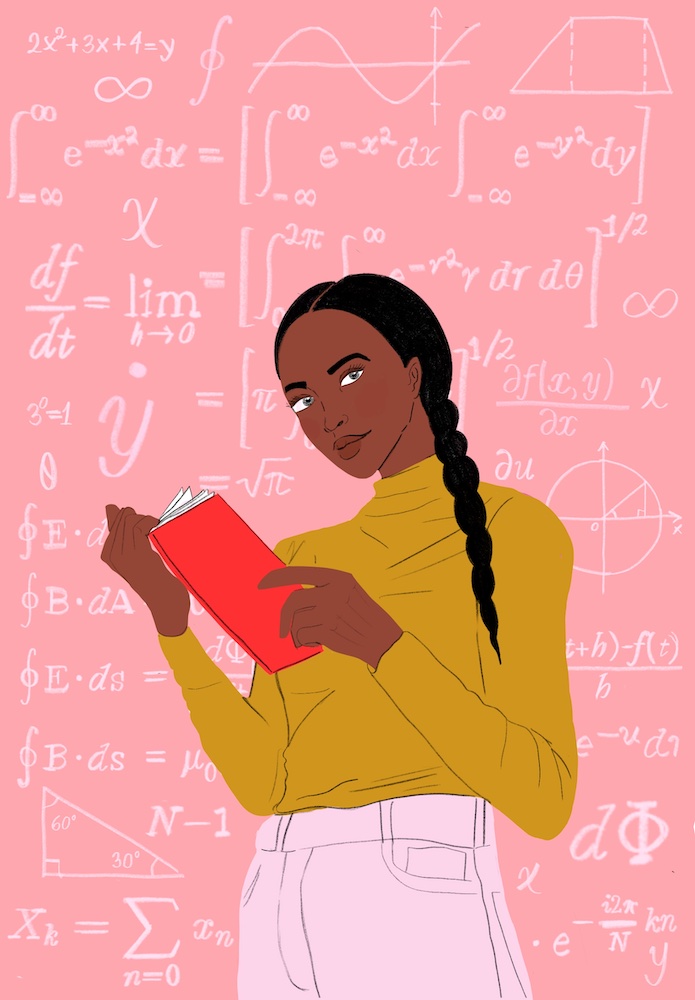A Healthier Coming of Age

Too many preteen girls have the same worrisome rite of passage. Their confidence plummets. They suffer from negative body image. They become less physically active. They internalize the message that math and science aren’t subjects in which girls excel.
It doesn’t have to be this way. Groups across the country are working to ensure that girls have a different coming of age – one that doesn’t sacrifice their self-esteem and prioritizes the mind-body connection. These organizations are training girls to be emotionally resilient by honing their leadership skills. Instead of shrinking into themselves, girls lean into strengthening themselves emotionally, psychologically, and physically. Their minds are nurtured by access to mental health resources, and they learn to resolve conflicts with others and advocate for social and political causes that matter. Through sports and other physical activities, they nourish and fortify their inner spirit and inner strength.
Today’s girl-centered nonprofits have made it clear that their focus is on the whole person. From teaching girls to surf or use power tools to STEM programs and building financial literacy, their programming tells girls that no skill is off limits to them, even those that have long been coded as “male.”
But some girls have been historically marginalized to such a degree that they lack the academic foundation to sharpen their skill sets. Enter the nonprofits that are subsidizing the costs for systemically underserved girls to receive rigorous educational instruction, culturally responsive schooling that keeps them connected to their ancestors, personal development programming, and early exposure to trade professions. Outreach to these young women paves the way for them to become economically mobile adults.
As pro-girl nonprofits work to revolutionize and expand the lives of youth, they face enormous obstacles. Girls have struggled with body image for decades, but experts say that the social media age has worsened the problem. That’s why some organizations are teaching young women to identify and analyze the harmful and sexist messages circulating in the media. Beyond body image, social networking sites have been linked to mental health problems among youth, including loneliness and depression, conditions that the COVID-19 pandemic exacerbated. By taking part in targeted outreach programs, young women are seizing the chance to collaborate with their peers in environments focused on sisterhood.
Youth mental health has also suffered in a political climate in which the nation’s culture wars have played out in schools and doctors’ offices. Restrictions on reproductive health and gender-affirming care have hit young people hard, as has the introduction of a series of bills that limit what they read and learn in school. Such legislation has motivated advocacy groups to help youth come together to fight for their rights, access a wide range of reading materials, and meet peers who share their experiences.
Meeting the emotional, physical, and mental needs of youth is hard work. It requires resources that nonprofits struggle to secure. COVID-19 not only resulted in a worker shortage that made it challenging for organizations to hire personnel but also created greater societal need. Nonprofits require more funds to serve the most vulnerable members of their communities.
Data show that girl-centered nonprofits are already making a difference. The youth who take part in them feel good about their bodies, are more likely to graduate from college, and know how important it is to be engaged citizens. Imagine what these organizations could achieve with sufficient resources. They might guarantee that girls have a different coming of age – one from which they emerge as leaders who change their communities for the better.